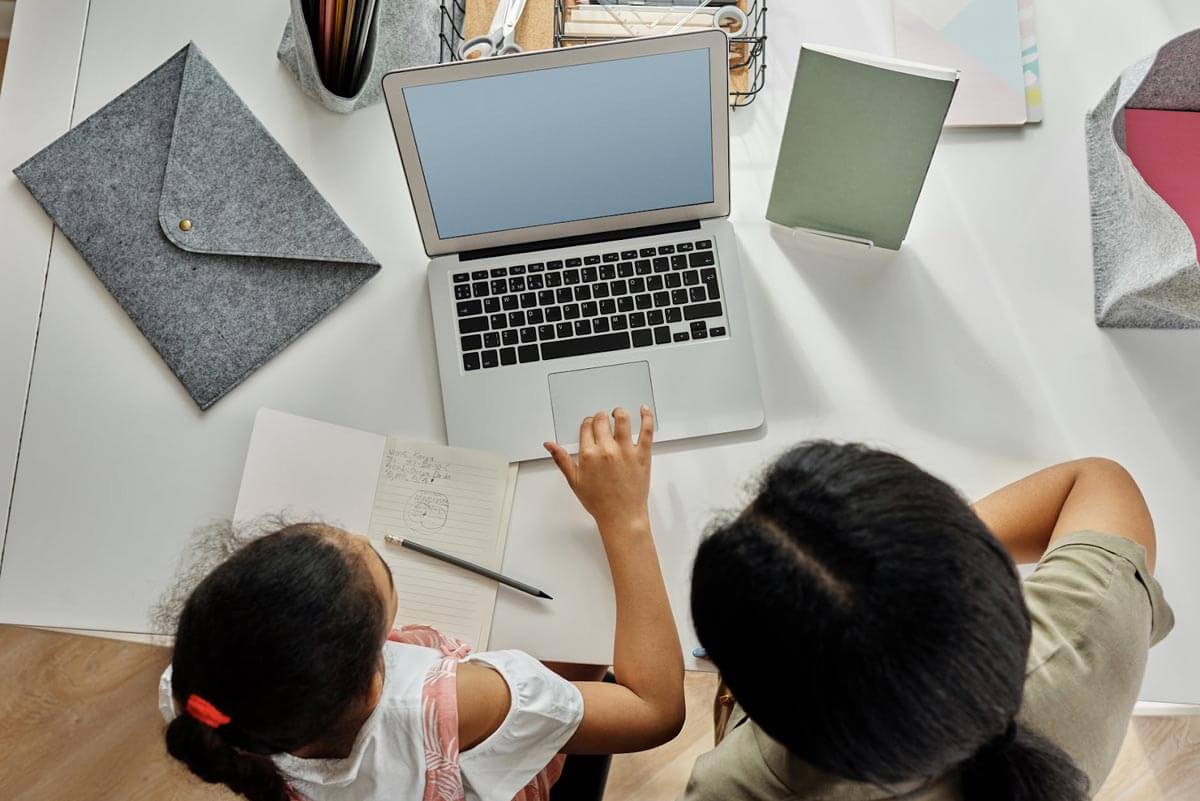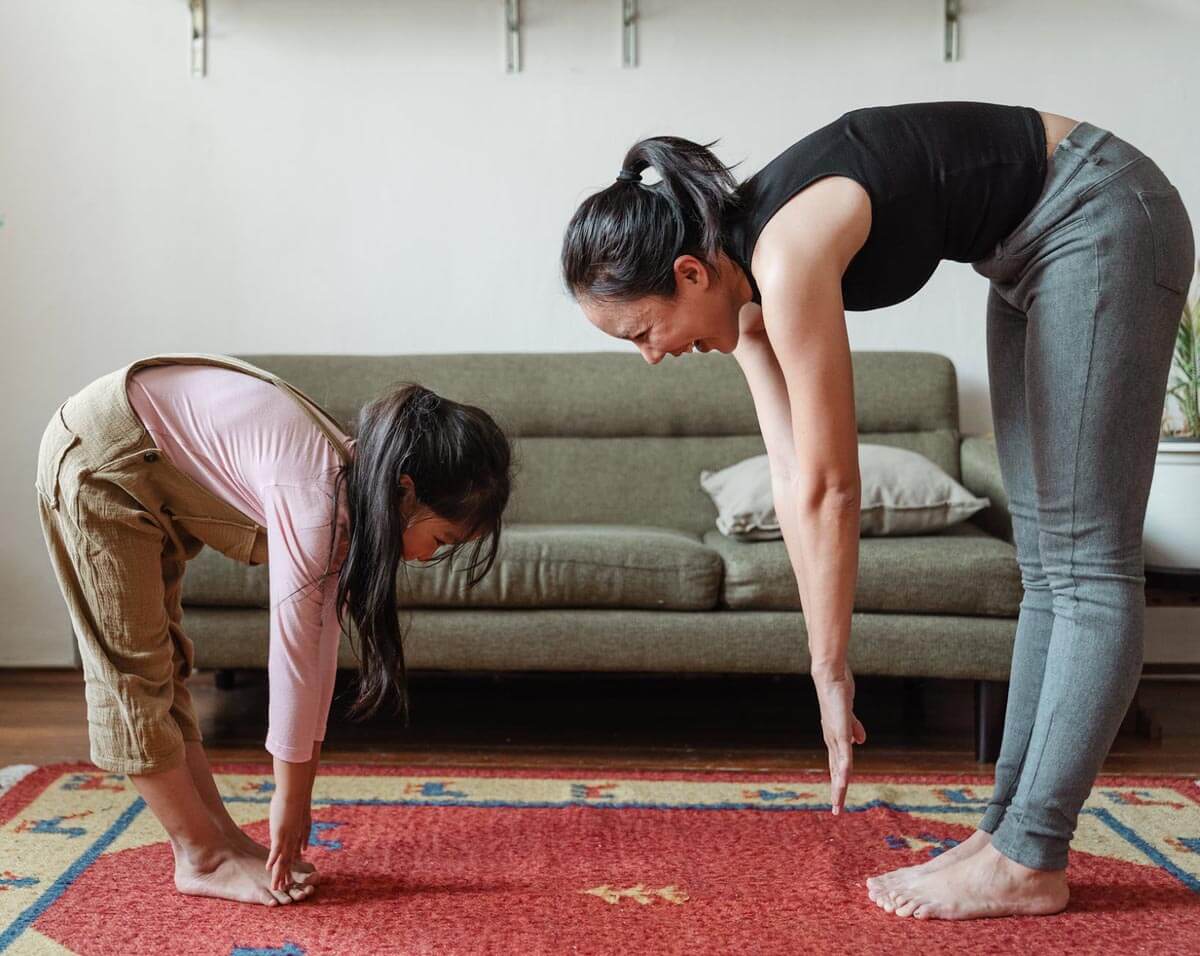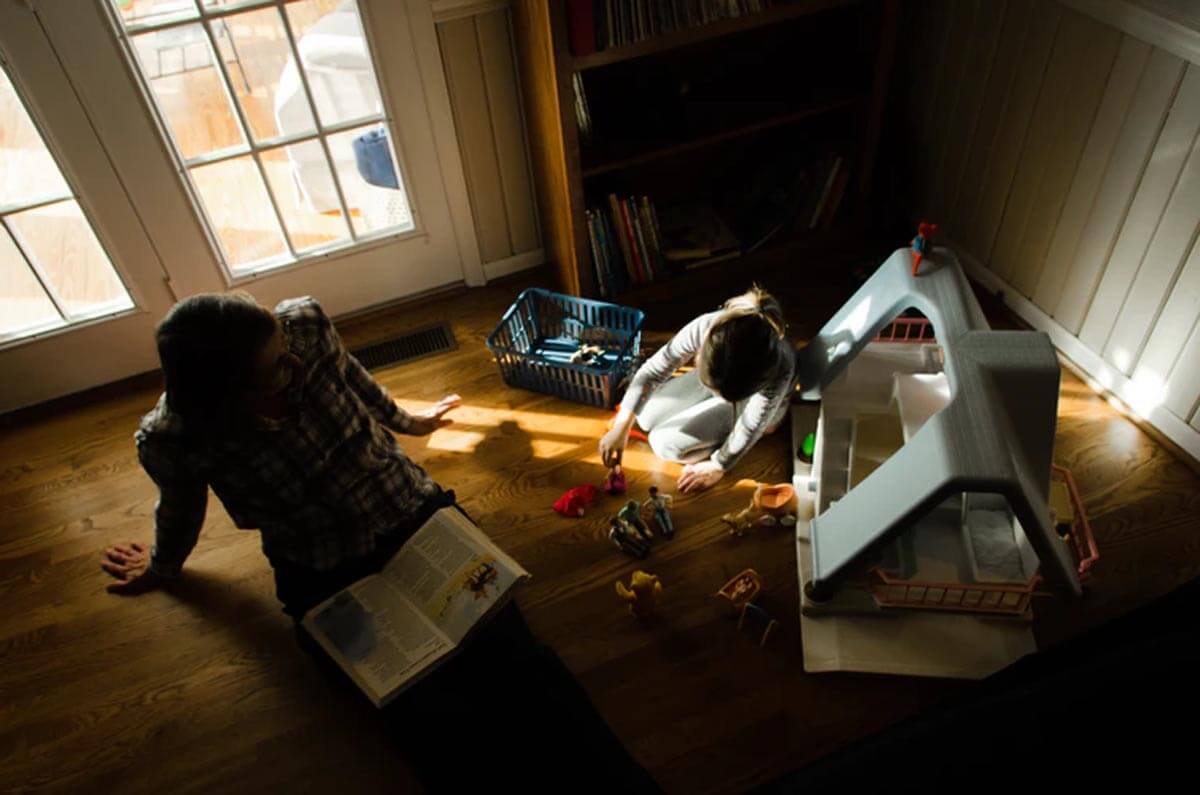Since the pandemic hit, our homes have been our children’s classrooms. No one was prepared for such a crisis; but because of the quarantine measures and school shutdowns, parents stepped up to the challenge of carving out learning spaces in their homes.
But while redesigning the living room or optimizing your condo for online classes may be a breeze for the interior enthusiast in you, keeping your little ones motivated to study poses a different challenge altogether.
You may be worried for your child, as you both have to cope with this new normal of learning – wondering how they can maximize learning in this setup or even how it may affect their mental health.
In previous Communities blogs, we tackled how to make home learning fun and productive for kids. In this article, we reached out to early childhood teachers for their top tips for online classes and how to keep your kids motivated while teaching them.
Use the strategies below to help make distance learning a success:
1. Communicate with your child’s teachers.
“It takes a village to raise a child,” says this proverb that applies to pandemic learners.
For online classes to be more effective, Jolo Lagman, a kindergarten educator for almost six years, advises parents to partner closely with their kids’ teachers and be open about which work they can do. This is especially important if you report to the office or work full-time at home.
“With coordination and collaboration, parents and teachers can set realistic goals and expectations on the child’s learning,” says Jolo.
 Photo courtesy of Ketut Subiyanto via Pexels
Photo courtesy of Ketut Subiyanto via Pexels
He adds that parents should “share activities you have been doing at home with your child and work to find activities that are better suited for your child's needs.” Remember, good parenting tips include being proactive and flexible when introducing studying habits.
How this benefits your child: As you regularly discuss your child’s progress with their teacher and adjust your teaching strategies accordingly, your little one will be able to understand lessons better at their own pace. This smart tip for online classes will help keep your child from feeling bored or restrained but rather engaged throughout.
2. Create a school environment at home.
When schools closed, kids were no longer able to engage in their usual routine of preparing for class, packing their things, and hopping on the school bus. The line between home and school became blurred.
Additionally, with classes moving to a space that’s supposedly for rest and play, kids may experience a slump in motivation and productivity. Young ones need structure to form good learning habits. For this reason, optimizing your space for home-schooling may indeed contribute to better learning.
An early childhood professional who teaches at a prestigious nursery school in Metro Manila strongly recommends creating this “school environment” at home, where they can “associate that area with a certain activity that needs to be done.”
 Photo courtesy of August de Richelieu via Pexels
Photo courtesy of August de Richelieu via Pexels
“The set-up doesn’t have to be something grand. You can create a small corner in your homes with a small desk [and] materials for school,” she shared as a top tip for online classes.
How this benefits your child: Aside from having a dedicated space for joining synchronous classes and doing homework, kids can also have a sense of normalcy amid this global crisis we’re facing. This creates a more positive childhood experience, a hallmark parenting tip for toddlers.
3. Get them involved in creating a “home classroom.”
While you’re in the business of designing your child’s learning nook, enlist their help in setting it up. It may take a lot longer if you do it with them, but it will contribute to building an atmosphere of learning at home.
The early childhood teacher we interviewed gave this tip for online classes, “Get [children] involved in the set-up. The likes of “packing away”, “getting ready for school”, are small, but [are] important points of interest in helping the home create a school environment for the child with our current circumstances.”
 Photo courtesy of JESHOOTS.COM via Unsplash
Photo courtesy of JESHOOTS.COM via Unsplash
How this ultimately benefits your child: They will feel a better sense of ownership of their learning spaces when you get them involved from the get-go. They’ll better appreciate the desk they painted with you and the crayons and pens they organized. So make sure to include these to-dos in your long list of productive summer activities.
Another benefit is this will help them learn the virtue of responsibility at an early age. So take one of the smart parenting advice and tips to heart: assign tasks and make sure your kid gets it done.
4. Get moving!
Physical activities will help get your child in the best mood for a productive day ahead. Jolo encourages parents to "play some music to sing and dance to, load some child-friendly exercise videos on video-sharing platforms, or plan your own game at home like making an obstacle course in your living room."
Do this before asynchronous work-like homework or projects, as a warm-up for online classes, he said in his suggested tips for online classes.
 Photo courtesy of Ketut Subiyanto via Pexels
Photo courtesy of Ketut Subiyanto via Pexels
If possible, sign them up for virtual exercise programs in your residential community. This will allow them to not just have their much-needed warm-up before online school, but also be able to socialize with other kids, even in a distanced setting.
How this benefits your child: Aside from getting your kid ready for the day ahead, exercise can also open up opportunities for discovery. Learning isn’t limited to reading books, finishing tracing worksheets, and attending online classes. Some kids are kinesthetic learners, in that they’re able to understand concepts better through physical activities. So incorporate lessons in your play, in outdoor games. As one timeless tip for good parenting suggests: be creative.
5. Take a break.
It’s not good for kids to spend hours in front of a computer. This is why Jolo, who’s also the host behind the teacher’s podcast ‘Uy! Si Titser’, recommends taking meaningful breaks in between classes or work. He suggests that you, both as an educator and a parent, should try to:
- Have a quick playtime;
- have snacks together;
- read for a while, and;
- get your child into meditation and mindfulness.
 Photo courtesy of Taylor Wilcox via Unsplash
Photo courtesy of Taylor Wilcox via Unsplash
How this benefits your child: In his podcast episode ‘Teaching Teachers and the Outlook for Online Learning’, Jolo talks about the importance of play with Darl Orillaza, a lecturer at De La Salle University.
They emphasized that play can help children discover more about themselves while accommodating learning styles. So aside from letting them have a break from the screen, you’re allowing your child to explore further when you pause from lessons. With this, don’t forget to adopt this smart tip for online classes.
Distance learning amid this global crisis indeed carries challenges that can make your kids’ academic journey difficult. But with intentional, compassionate parental support, they can thrive even in such a tough time. Use these effective tips for online classes, as you create a home conducive to kids’ learning success.
For more tips about handling the new normal at home, visit the DMCI Communities blog.